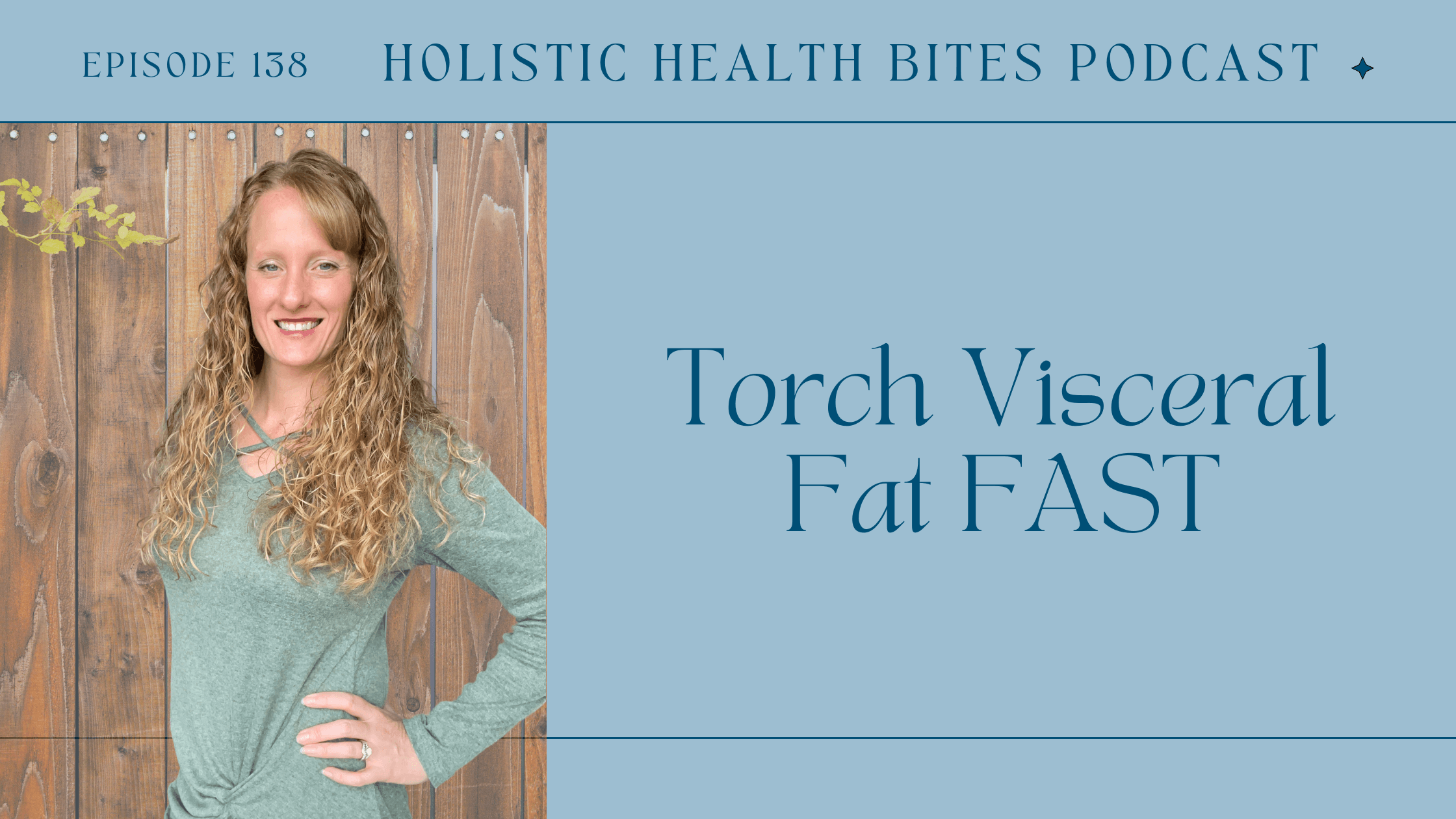 The episode of the Holistic Health Bites podcast delves into the complex debate surrounding the causes of obesity, focusing on two competing models: the energy balance model (EBM) and the carbohydrate-insulin model (CIM). While EBM suggests that obesity is largely due to an imbalance of calories consumed versus expended, CIM argues that hormonal responses, particularly triggered by refined carbohydrates leading to elevated insulin levels, play a pivotal role in fat accumulation. Both models recognize the challenges posed by modern food environments and the influence of various factors like lifestyle and socioeconomic status.
The episode of the Holistic Health Bites podcast delves into the complex debate surrounding the causes of obesity, focusing on two competing models: the energy balance model (EBM) and the carbohydrate-insulin model (CIM). While EBM suggests that obesity is largely due to an imbalance of calories consumed versus expended, CIM argues that hormonal responses, particularly triggered by refined carbohydrates leading to elevated insulin levels, play a pivotal role in fat accumulation. Both models recognize the challenges posed by modern food environments and the influence of various factors like lifestyle and socioeconomic status.Furthermore, the episode reveals that these contrasting theories offer different approaches to managing and potentially reversing obesity. EBM sees the brain's altered hunger perception as central to obesity, whereas CIM highlights the concept of "internal starvation" caused by insulin spikes that drive continuous hunger despite calorie intake. Consequently, CIM advocates for reducing the intake of refined carbs, suggesting this could have more far-reaching benefits in obesity management than simply focusing on calorie reduction.
Ultimately, while acknowledging the merits of both models, the article leans towards the CIM approach, emphasizing the importance of returning to a diet rich in whole, unprocessed foods. It argues that avoiding processed foods and focusing on nutrient-dense meals can help combat food addictions and improve metabolic health. The episode concludes with a call to prioritize traditional, natural eating habits over modern processed diets, especially for those with conditions like type 2 diabetes or insulin resistance, highlighting a preference for whole foods that have been staples throughout human history.

This post delves into effective strategies for reducing visceral fat, a dangerous type of fat that surrounds internal organs and is linked to serious health issues like insulin resistance and cardiovascular disease. Unlike subcutaneous fat, which is generally protective, visceral fat can lead to inflammation and disease. The post outlines five research-backed methods to tackle this type of fat: intermittent fasting, sprinting, hippuric acid, Urolithin A, and the ketogenic diet.
Intermittent fasting is highlighted for its ability to promote fat loss while preserving muscle mass, making it an efficient method for targeting visceral fat. Sprinting, as a form of interval training, is presented as superior to moderate-intensity exercises for visceral fat reduction. The article also emphasizes the benefits of polyphenols, specifically hippuric acid and Urolithin A, found in high-polyphenol foods, which have shown promising results in reducing visceral fat when combined with a Mediterranean diet.
The ketogenic diet is explored through a recent study that demonstrated significant reductions in visceral fat and improvements in quality of life without calorie restriction. Participants experienced weight loss, particularly those with more weight to lose, while maintaining muscle and bone mass. Overall, the post underscores the importance of quality nutrition and suggests that while the ketogenic diet is a powerful tool for fat reduction, starting with a healthy diet is essential, and multiple dietary approaches can lead to success in reducing visceral fat and improving overall health.
Read more...
The pursuit of weight loss often leads people to seek drastic measures, ranging from surgeries to strict diets, in hopes of reducing fat effectively. Recently, drugs like semaglutides, including Ozempic, Wegovy, and Monjauro, have gained popularity, yet they pose significant risks. Studies suggest that while these medications promote weight loss, they also lead to muscle mass reduction, including the heart, which could have serious implications over time.
In-depth research, such as a recent study published in the Journal of the American College of Cardiology, highlights that semaglutide use resulted in both fat and muscle loss in obese mice, raising concerns about similar impacts on human organ muscles. The potential side effects, such as nausea, diarrhea, and muscle weakness, underscore the importance of cautiously balancing the risks versus benefits of these drugs. The smallest, shortest duration dosages appear less risky, but even so, patients may face muscle loss that could hinder metabolic function, leading to rapid weight regain after stopping the medication.
Despite the availability of these pharmacological options, the article advocates prioritizing natural methods for sustainable fat loss. A focus on lifestyle and dietary changes can yield healthier, long-lasting results without the severe side effects associated with weight loss drugs. The body’s inherent ability to heal, when supported naturally, often surpasses the temporary fixes medications provide, making them suitable for only the most necessary cases.
Read more...
Understanding metabolic health is crucial, as 93% of the population experiences some level of metabolic dysfunction. This post highlights essential biomarkers and metrics that you need to know for assessing and improving your metabolic health. By being informed of these vital indicators, you can take proactive steps to enhance your well-being and reduce the risk of potential health issues.

Carbohydrate restriction through ketogenic diets has been shown to reverse conditions linked to insulin resistance, such as metabolic syndrome, PCOS, and fatty liver. This dietary approach also offers potential benefits for kidney health, countering myths about its harm. Research indicates that ketogenic diets can help restore and support kidney function by effectively addressing diabetes and hypertension, known causes of chronic kidney disease (CKD).
Studies have demonstrated that low-carb diets, including ketogenic ones, can improve kidney function and lead to CKD remission. These diets have been found beneficial even in genetically-linked cases of kidney failure like autosomal-dominant polycystic kidney disease. Contrary to concerns about protein intake, ketogenic diets are typically not high-protein, and there is insufficient evidence to suggest that higher protein consumption negatively impacts CKD progression.
Critical to kidney health is the management of blood sugar and blood pressure, areas where carbohydrate restriction shows promise. Research suggests that even with a relatively high protein intake, a low-carb diet is effective in slowing disease progression in CKD patients. Evidence supports the safety and benefits of ketogenic diets for individuals with type 2 diabetes and reduced kidney function, emphasizing the importance of a properly formulated diet rather than processed 'keto-friendly' products.
Read more...















